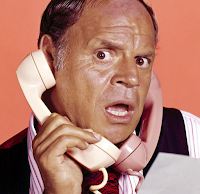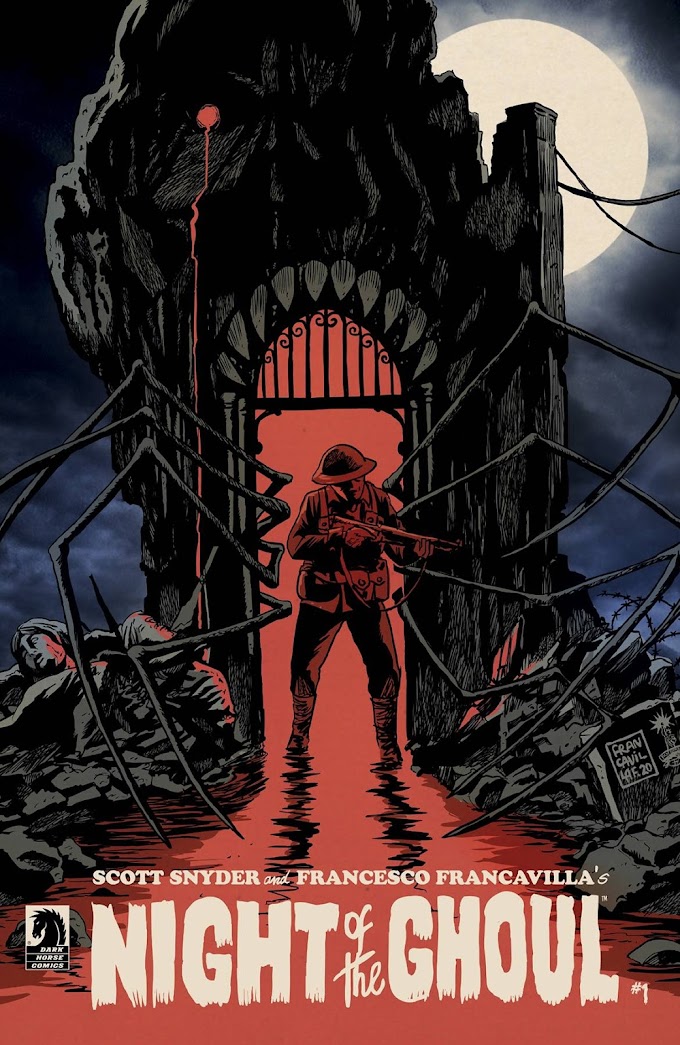Satellite Sam Volume 2
Written by Matt Fraction
Drawn by Howard Chaykin
Published by Image Comics
I'm old enough that I can say discovering Howard Chaykin's American Flagg! was like discovering sex. Heck, it was probably better than that because there was none of the awkwardness around it other than trying to sneak into my room without my parents noticing. Chaykin's writing was so full of piss and vinegar but yet his characters were real. At least to a 13 year old discovering Chaykin's type of science fiction, they were real. With Flagg!, Blackhawk, The Shadow and my own personal favorite Time2, Chaykin guided a select generation through the politics of love and lust, of friendship and adversity, of heroes and of clay feet. Fairly or unfairly, Chaykin was the comic creator who wanted to get us out of our parents' basements and flail our way through the world like he had during the sixties and seventies. I don't think Chaykin ever showed us the worlds he did because he wanted them to be cautionary tales. He showed them to us so that we would follow him down the same screwed up and ridiculous paths that he went down.
Enter Matt Fraction and his self-described "Howard Chaykin fanfic" Satellite Sam. Of all of the comics that have come along since the mid-1980s, Fraction’s Casanova may be the closest spiritual progeny of Chaykin. Casanova's sense of adventure mired in a certain level of self-deprecation echoes the best and worst parts of Chaykin's American Flagg! With Satellite Sam Volume 2, it's easy to nod along with the idea that it's "Chaykin fanfic" because it's easy to see how Fraction is giving Chaykin a story perfectly set up for his flair and sensibilities. From Michael Carlyle, the physical template of a Chaykin leading man, to the lingerie and sex, Satellite Sam looks like the ideal Chaykin comic that Chaykin would never write himself.
For as much as this is a Chaykin comic, it's equally a Fraction comic, as studied and constructed as anything in Hawkeye or Sex Criminals. Satellite Sam's default leading man Michael Carlyle basically inherits his old man's children's television show but he finds out that he knew nothing about who his father was or what he was doing. A collection of photos of a lot of women in lingerie leads Michael down an obsessive path. As he has Michael trying to figure out who his father was, Fraction shows us a man who might be more like his father than he wants to be. The central mystery of who killed Michael's father and why leads us to the larger cast and crew of the television show. This second volume begins laying bare everyone's secrets without getting Michael closer to the heart of the mystery.
Carlyle ends up being the default leading man of the series because he is the star of the television show, but it’s the television show that is ultimately central to all of the stories being spun out of it, of which Carlyle’s is just one. The TV show Satellite Sam becomes the true lead of this series as Fraction and Chaykin craft all of these stories revolving around the world of a television set. There's the dying man, the Italian immigrant, the man who's trying to hide his actual race. And then there's the poor girl who is actually on the same search as Michael, even if the two of them have no clue about it. Satellite Sam is a true ensemble cast, constructed more like an Aaron Sorkin than any other comic.
This second volume is all about movement- people are moving from one place to another and from one situation to another. Every character in this comic makes choices that end up moving them farther away from who they want to be. While he’s trying to be an amateur detective, Carlyle becomes a cad who is so ineffective that even when he stumbles upon some racy photos that give clues to what his father was up to, he can’t actually confront the people in those photos. He skirts around the issues so obliquely that his intentions are mistaken. Guy, the gay screenwriter, avoids being blackmailed by marrying the Italian immigrant supporting actress of the show just to make both of them look legitimate. The very light-skinned Eugene is so close to getting the television show that he wants that the secret that he’s actually black threatens to destroy everything that he’s been working for. There’s secret upon secret for the cast of Satellite Sam that prevents any of them from seeing what they should actually be doing.
Throughout the whole book, Chaykin’s rough and scratchy lines are the only things that feel honest. Beyond the suggestively sexy covers, Chaykin keeps the book lewd but never provocative. There’s enough blowjobs and lingerie present in this book to keep it well within that Chaykin wheelhouse but it never veers into Black Kiss territory. The sex never becomes just about the sex, which is what happens when Chaykin is left to his own, worst instincts. Instead, the sex becomes about the characters, as everything in this book is. It’s another display of personality and situations as Chaykin makes all of the sex more sad than provocative. Chaykin draws the golden age of television as being built on lost and deceiving souls. Taking Fraction’s walking and talking script (see any episode of Sorkin’s The West Wing,) Chaykin gives life to these characters; it’s a sad life but it’s still a life. He doesn’t just create this world. He really makes these characters act. They live and breath by his lines.
Fraction and Chaykin have created a story about people lost in their own lives. Satellite Sam V2 has them sinking even lower into their own despair. It’s full of characters who seem to be getting what they want but nothing is getting any better. In fact, it’s still getting worse. If this story bears any resemblance of truth, the golden age of television was built around miserable people. Fraction and Chaykin mine that misery, disguising it as a mystery of who killed Michael Carlyle’s father. That mystery feels like it’s there to add some excitement to a fascinating character story. With the television show actually being the title character of this comic, it’s TV that binds all of these cruel, ugly, damaged and lost characters together to create drama








![Sweat and Soap [Ase to Sekken] by Kintetsu Yamada](https://blogger.googleusercontent.com/img/b/R29vZ2xl/AVvXsEgMnQltxjWqGS1_duhCp9Er1a0NbALuSFrqvjaV4_PjN_w67xCGghYt-l0qKyqTH7Ei7gbq_mxVq8aPAuOiyaArwAMLJWhpGmOYaARUBnwvjmv2-ZIe20m_zR5CvKnPdI6US_AuOnmi3gSX/w680/57525895-BA7E-4EF8-9FE4-89F9C164E1A4.jpeg)

